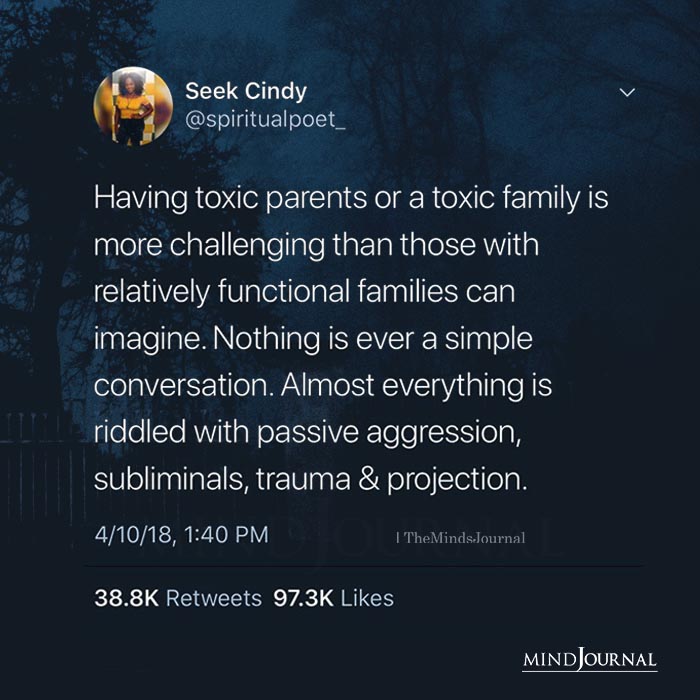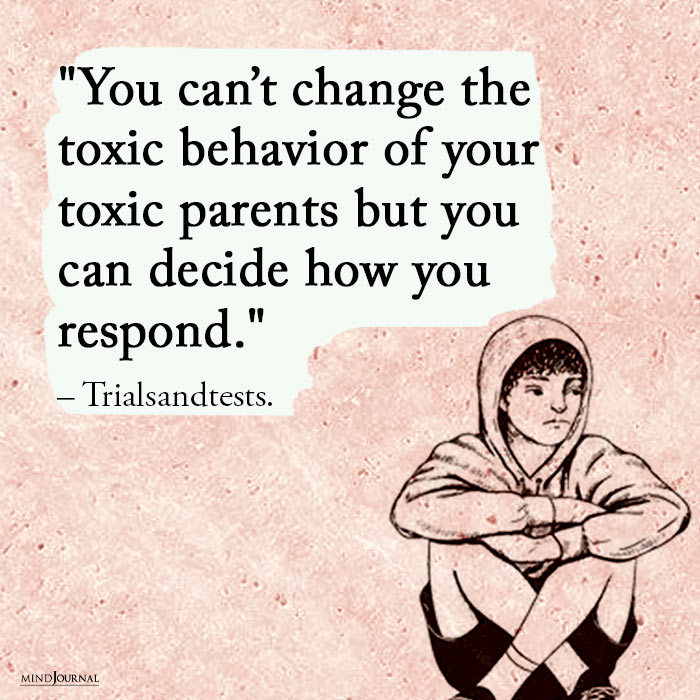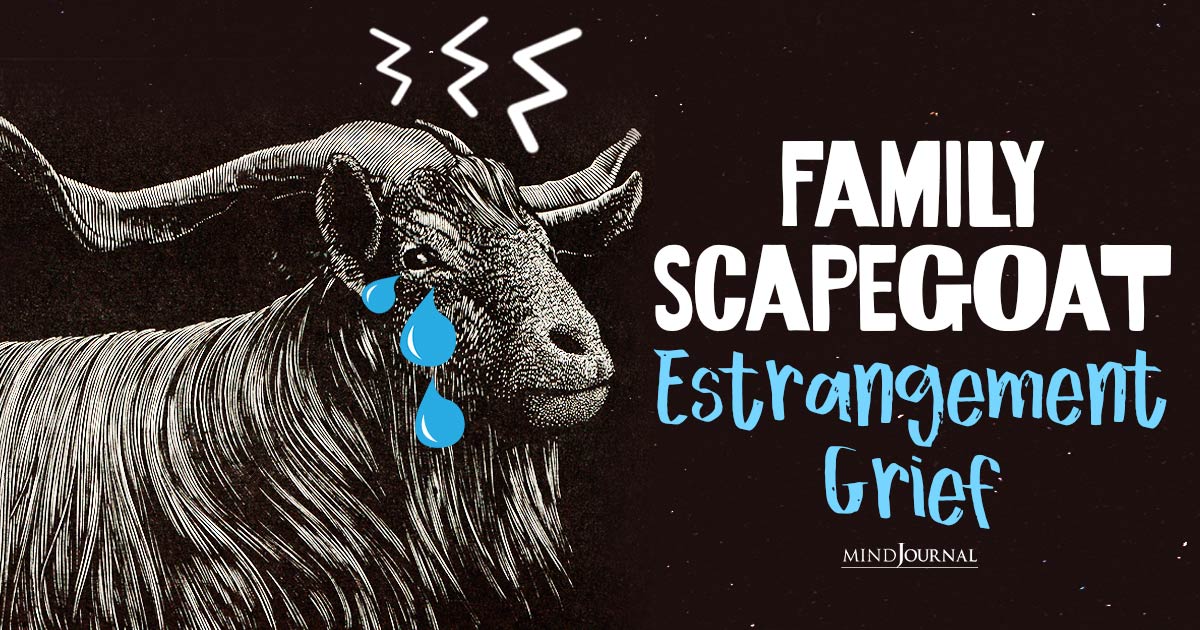Dealing with estrangement grief, especially when it’s family, can be one of the most difficult things to go through. However, working towards managing it, and finally being at peace is what this article is all about.
The Pain of Estrangement Grief
Estrangement grief is a form of ‘socially unrecognized’ grief (1) caused by either:
1. A voluntary partial or complete estrangement from abusive – often narcissistic – family members initiated by the targeted family member, otherwise known as No Contact or Low Contact, or
2. Forced ostracization of the target by one or more family members of a blood relative who has been the ongoing target of ongoing emotional abuse or scapegoating. Ostracization can occur without a reduction of contact (e.g. the target continues to attend family get togethers, but is the brunt of bullying, teasing, put downs or gossip), or involves low or no contact between the target and family members.
The common thread between these two scenarios is betrayal and loss of family connection, identity and support – effectively rendering the target an outcast.
When this victimization occurs in childhood, often perpetrated by one or both parents, the target is highly vulnerable to suffering from a lifelong destructive narrative of false blame, guilt and shame that has been projected onto her / him by hostile family members.
Of all these corrosive projections, false shame is the most damaging, as it causes the target to believe they are worthless and defective. False shame – if not challenged – undermines the development of a much more reality based sense of positive self identity, worth, potential, agency and relationship harmony throughout the lifespan.
Related: 5 Ways That Family Estrangement Can Inflict Lifelong Harm
No or Low Contact, regardless of the extent or duration of family abuse, can be a tough decision for the target to make. Even after decades of unacknowledged or rationalized mistreatment for, usually, imagined ‘crimes’ on the part of the scapegoat, deciding to break ties with family can bring up intense fear – aka abandonment anxiety – for the target.
Human beings are biologically and psychologically wired for inter-connection, and kinship ties. Abandonment anxiety in adults is usually a reflection of long standing unmet attachment needs, starting in childhood. Abandonment anxiety triggers terror of being all alone in the world without family ties.
But the sad truth is that the scapegoat has already been abandoned. Clinging to dysfunctional family, hoping they will one day ‘see the light’, is a defense scapegoats erect to avoid feeling the emotional reality of the very abandonment they’ve already experienced.
The family scapegoat often has a long history of attempting to repair the breach with family in order to secure essential attachment bonds, and may even collude with false narratives that they are ‘the problem’.
By falsely viewing themselves as the problem, scapegoats cling to the equally false hope that if only they can ‘fix’ themselves, they will be accepted into the family fold.
The walls usually come crashing down for the scapegoat when they finally realize that resolution is impossible, as their family is unwilling or unable to allow repair, and persists in falsely framing the scapegoat as the problem.
So the scapegoat has long standing, though toxic, kinship ties to their family of origin (FOO), as well as unmet attachment needs, and can experience deep grief and fear, and not just relief, when either reducing or stopping contact.
Furthermore, the scapegoat may have developed stress related emotional difficulties such as chronic anxiety, low self worth, relationship problems or Complex PTSD in response to prolonged and ongoing psychological abuse.

Why Estrangement Grief is So Hard
Estrangement grief is made up of multiple layers of loss and emotional injury. Loss of kinship ties and rejection/expulsion profoundly impact one’s sense of identity and self worth, and also emotional safety, as the ‘sanctuary’ that family should be is completely absent, having been replaced by a hostile environment more akin to a war zone than family.
Loss of a sense of belonging and that one matters, can further undermine emotional stability and psychological well being.
Because Estrangement Grief is socially unrecognized, the target may experience ‘secondary wounding’ by unsupportive witnesses who blame or shame the victim. At the very least, targets of family scapegoating tend to experience isolation and loneliness from not being understood.
At worst, scapegoats are judged negatively by friends and others who employ their own internal defenses to avoid seeing the very real pain of scapegoats. Witnesses may rationalize, minimize or dismiss the targets suffering, rendering him or her invalidated, invisible and, often, further stigmatized as ‘the problem’.
Scapegoating contradicts a deeply held cross cultural myth that families and parents are inherently good. This mythologizing contributes to the unwillingness of witnesses to admit the reality of the problem, as it threatens their core belief system.
Sadly the lot of many scapegoats is to suffer in silence with estrangement grief, in order to avoid being targeted again by social stigmatizing and victim blaming. Many scapegoats feel like orphans, as they experience the living death of their family life.
Ongoing family rejection and vilification can intensify the scapegoat’s self doubt, guilt and shame, as they identify with false family projections they were ‘programmed’ to buy into.
The hurt can continue further through ongoing unwelcome contact from family members, and sometimes their supporters, who don’t respect the target’s boundaries, and want to continue to punish and demonize the victim.
Related: Family Estrangement: How Grown-Ups Pull Away From Toxic Families
When It’s Really Over – Illness, Death & Estrangement Grief
Aside from ongoing narcissistic family abuse, and the inherent emotional challenges of a low or no contact stance, targets may eventually find themselves in the difficult position of having to deal with the illness or death of an abusive parent, and struggling to figure out how to position themselves. Some scapegoats may enter into a caregiver role for an ill or dying parent.
This can happen for both healthy and unhealthy reasons. For example, on the healthier end of the spectrum, the scapegoat may possess a normal and natural empathy for the human suffering of their abusive parent, and wish to pursue a higher good to support their own healing, and to break the chain of intergenerational trauma.
Or they may take on the caregiver role out of false guilt or a fruitless and fantasy based attempt to win the favour of their narcissistic parent(s). Sometimes scapegoats take over parental care as narcissistic siblings who claim to be the champion of the parent, abdicate responsibility.
Regardless of how it happens, many scapegoats who become caregivers will experience painful, ongoing ingratitude and hostility from their dependent parent, regardless of how supportive their caregiving may be, which reopens the original abandonment wound they’ve experienced since childhood.
Narcissistic Personality is a character disorder that tends to become more entrenched as people age, and lose their temporal sense of power, such as beauty and social status. As NPDs lack both insight and empathy, their loss of material power enrages them, and they may resort to taking out this rage on their scapegoated adult child caregiver.
Efforts to interfere or exclude the target from the ill or dying parent’s care may also be made by siblings or other extended family who have aligned with the abusive parent against the scapegoat.
Siblings may become aggressive towards the scapegoat over funeral arrangements, inheritances and wills, and influence the parent to disinherit the scapegoat if they haven’t already done so. To add insult to injury, this can happen even if the scapegoat is the principal caregiver for the ill or dying parent.
Scapegoats must navigate treacherous and confusing waters in making the often excruciatingly hard decision of whether to participate, and how, in the care of an ill or dying abusive parent. There may be no clear cut path, with any choice being fraught with emotional or interpersonal difficulties.
I would encourage anyone making this hard decision to err on the side of self protection and realism, by taking the long view of how they want to feel and what they are willing and able to deal with, and to never forget the past.

Managing Estrangement Grief
1. Understand that in going No or Low Contact you may feel grief, ambivalence, confusion, frustration, anger, irritation, fear, hurt, longing, love and even hatred – sometimes all at once. Be compassionate towards yourself. These are normal feelings to have when dealing with the toxic crazy making dynamics that are being projected onto you.
2. Don’t make important decisions from a place of emotional distress. Give yourself time to experience your emotions, get support, maybe vent, then act when your cooler head prevails. Do not reveal your feelings or motivation to narcissistic or untrustworthy family members who lack empathy, and will likely attempt to use these revelations against you.
3. Avoid ‘romantic recall’ and false hope – aka fantasy – regarding abusive family members. If they haven’t behaved kindly, caring, interested or even reasonable towards you, possibly for decades, then they probably never will. Remember the old maxim of psychology: The best predictor of future behaviour is past behaviour.
If you suspect that your family member(s) has narcissistic personality disorder, then this statement is particularly salient.
Related: 10 Ways To Stand Up To Your Inner Scapegoat
4. Quietly set personal boundaries regarding your availability, time, proximity, what you will put up with, and stick with these limits. This is especially important as narcissistic families excel at violating the rights of others. Briefly communicate your boundaries if necessary as assertions of fact, but never justify them.
Scapegoaters don’t believe you have these rights, and will either fight you on them and or use your attempts at setting healthy boundaries to attack and undermine you further.
5. If triggered by family dynamics or your own grief, take time out, away from the trigger. Work through the trigger. If you are dealing with an emotional flashback, tied to an experience that is over, then reassure yourself of these truths: 1. The worst is over; 2. You may feel afraid, but are not in danger.
6. If contemplating becoming a caregiver, especially the main caregiver, to an ill or dying abusive parent, take ample time to think this through and make a rational, not emotional, decision. Do not give in to pressure tactics. This is absolutely critical.
You may be an empathic and loyal person. But what do you ‘owe’ your abusive parent really? Visualize the day to day reality, what to expect and perhaps the hard truth that you could be in this role for a long time.
What’s best for you? What quality of life do you want to have going forward? How do you want to feel – today and tomorrow? How will caregiving affect your mood, relationships, family, etc? What kind of Plan B might you need to avoid falling into a trap? Who will be there for back up, etc? Figure it out in detail.
7. Holidays and milestones, such as births, marriages, graduations, etc. are deeply associated with notions of family security and belonging. Emotions tend to be heightened at these times.
If you have not experienced family as safe haven, holidays and milestones may trigger feelings of grief, false guilt and shame. Having a plan can be an essential and comforting strategy to protect you from being broadsided by estrangement grief.
8. Complex Grief or Trauma Symptoms may arise from family scapegoating. If you find you are feel anxious, low or struggling with self worth, or intrusive memories, thoughts and emotions, you may be suffering from complicated grief or complex trauma.
If these feelings of distress have been going on for a long time, or have escalated since going Low or No Contact, then you may benefit from working with a therapist who is versed in narcissistic family dynamics and healing from scapegoating and estrangement grief.

Supporting the Griever
Your scapegoated loved one or friend needs you more than ever. To lose one’s family in this way is the ultimate betrayal. Rejection by one’s family can cause heartbreak and despair.
You can help your loved one tremendously simply by being a supportive listener. It will require that you hone your ability to be patient and understanding, as you work to grasp something you may never have witnessed or experienced.
Related: 12 Steps For Family Scapegoat Healing
Above all, believe your scapegoated friend or loved one. She has been deeply hurt and may have developed emotional challenges that can’t be wished away, such as anxiety, depression or complex trauma.
Become educated about family scapegoating. If you suspect your friend or loved one is slipping into a caregiver role from a place of false guilt or over responsibility, tell her that. You will be offering her the one thing she never got from family – an ally and advocate.
References:
1. Socially Unrecognized Grief is loss that is neither acknowledged or valued as legitimate according to prevailing social mores. It causes further loss for the griever, who must contend with the invalidation of their feelings and the hardship such loss represents.
Written By Glynis Sherwood MEd Originally Appeared On Glynis Sherwood










Leave a Reply